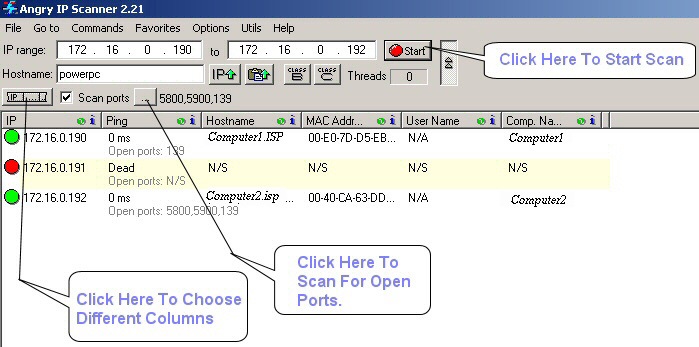 T21 pregnancy is a type of high-risk pregnancy that carries a risk of the unborn baby having an extra copy of chromosome 21, otherwise known as trisomy 21 or Down Syndrome. T21 pregnancies can be managed with the right medical care and support.
T21 pregnancy is a type of high-risk pregnancy that carries a risk of the unborn baby having an extra copy of chromosome 21, otherwise known as trisomy 21 or Down Syndrome. T21 pregnancies can be managed with the right medical care and support.
The key to successful management is early and accurate diagnosis so that parents can make informed decisions about their child’s health and future. This article will discuss T21 pregnancy, its risks, and treatments, as well as ways to cope with the emotional stress it can bring.
Causes of Pregnancy
Pregnancy is an exciting and often daunting prospect for many women. While it can bring with it feelings of joy and anticipation, there are also potential risks involved in having a baby. Knowing the causes of pregnancy can help women to make informed decisions about their reproductive health.
The most common cause of pregnancy is sexual intercourse between two consenting adults. During intercourse, sperm from a male partner travels through the female reproductive tract and enters into the woman’s egg, fertilizing it and resulting in conception if all goes well. Contraceptive methods such as condoms are recommended to reduce the risk of unwanted pregnancies, but even when used correctly they can fail to protect against unwanted pregnancies or sexually transmitted infections (STIs).
Another cause of pregnancy is assisted reproductive technologies (ART), which involve fertility treatments that use medical procedures to help couples conceive children who otherwise would not be able to do so naturally due to infertility or other issues.
 Signs and Symptoms of Early Pregnancy
Signs and Symptoms of Early Pregnancy
Pregnancy is a life-altering experience, but it can also be an exciting time. It’s important to pay attention to the signs and symptoms that your body may be sending you in order to ensure a healthy pregnancy. Here are some of the most common signs and symptoms of early pregnancy:
a) Missed Periods:
Missing your period is one of the most obvious signs that you could be pregnant. Though it isn’t always accurate, if you notice that your period has not arrived when expected, take a home pregnancy test or visit your doctor for confirmation.
b) Nausea and Vomiting (Morning Sickness):
While nausea and vomiting can occur at any time during the day, they are more commonly experienced in the morning when hormones are high. This symptom usually begins around weeks 6-8 after conception and can last until weeks 12-14.
c) Tender, Swollen Breasts:
Your breasts will begin to increase in size as early as two weeks after conception due to increased hormone levels. They may become tender and swollen due to increased blood flow which causes them to appear larger than normal.









